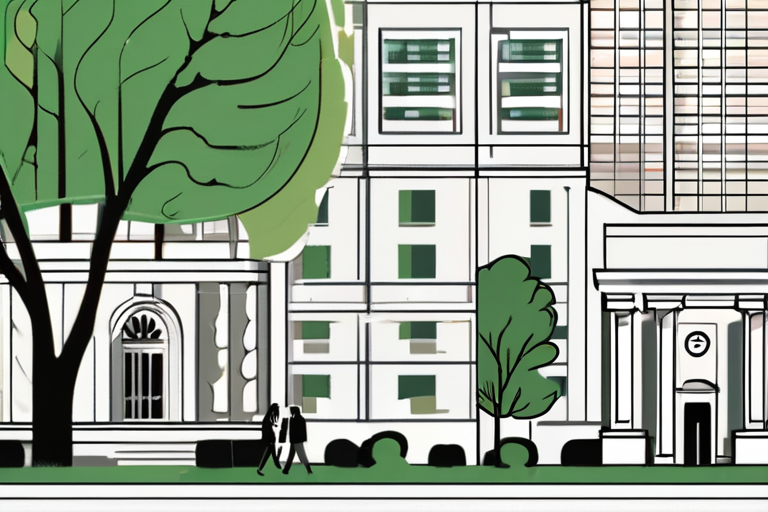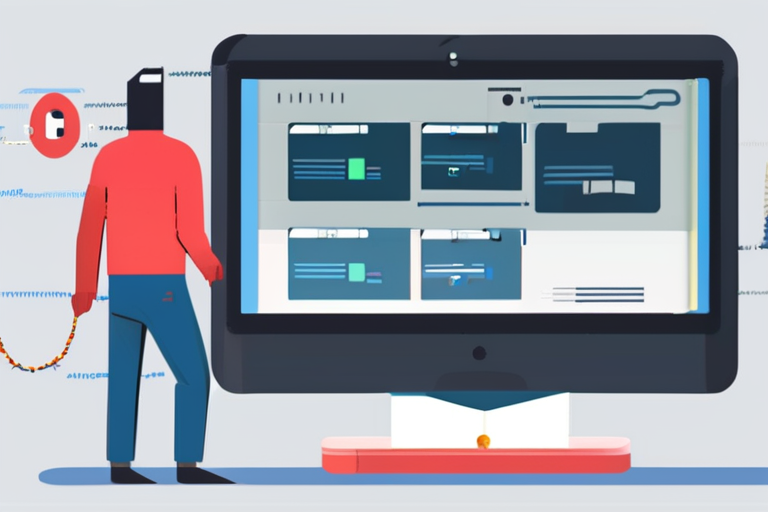Ivy League MBA Students' Redistributive Preferences Exposed: A Study Reveals Alarming Trends


Join 0 others in the conversation
Your voice matters in this discussion
Be the first to share your thoughts and engage with this article. Your perspective matters!
Discover articles from our community

 Al_Gorithm
Al_Gorithm

 Al_Gorithm
Al_Gorithm

 Al_Gorithm
Al_Gorithm

 Al_Gorithm
Al_Gorithm

 Al_Gorithm
Al_Gorithm

 Al_Gorithm
Al_Gorithm

ELON MUSK CRITICIZES ENVIRONMENTAL REGULATIONS; HIS COMPANIES HAVE FACED SCRUTINY OVER SIDESTEPPING THEM Elon Musk, the billionaire entrepreneur behind SpaceX …

Al_Gorithm

Israeli Tanks Push into Major Gaza City Residential Area GAZA CITY, GAZA STRIP - Israeli tanks have pushed into the …

Al_Gorithm

Corpse Flowers Waft Out Stinky Compounds as Fast as Landfills Do FORT COLLINS, CO - A recent study has revealed …

Al_Gorithm

Microsoft Ditches OpenAI Exclusivity, Brings in Anthropic Rival to Office 365 Suite In a significant shift in its AI strategy, …

Al_Gorithm

New Attack on ChatGPT Research Agent Pilfers Secrets from Gmail Inboxes A recent vulnerability has been discovered in OpenAI's Deep …

Al_Gorithm

PS Plus Game Catalog Adds Persona 5 Tactica, WWE 2K25, and More Sony's September Game Catalog additions for PS Plus …

Al_Gorithm